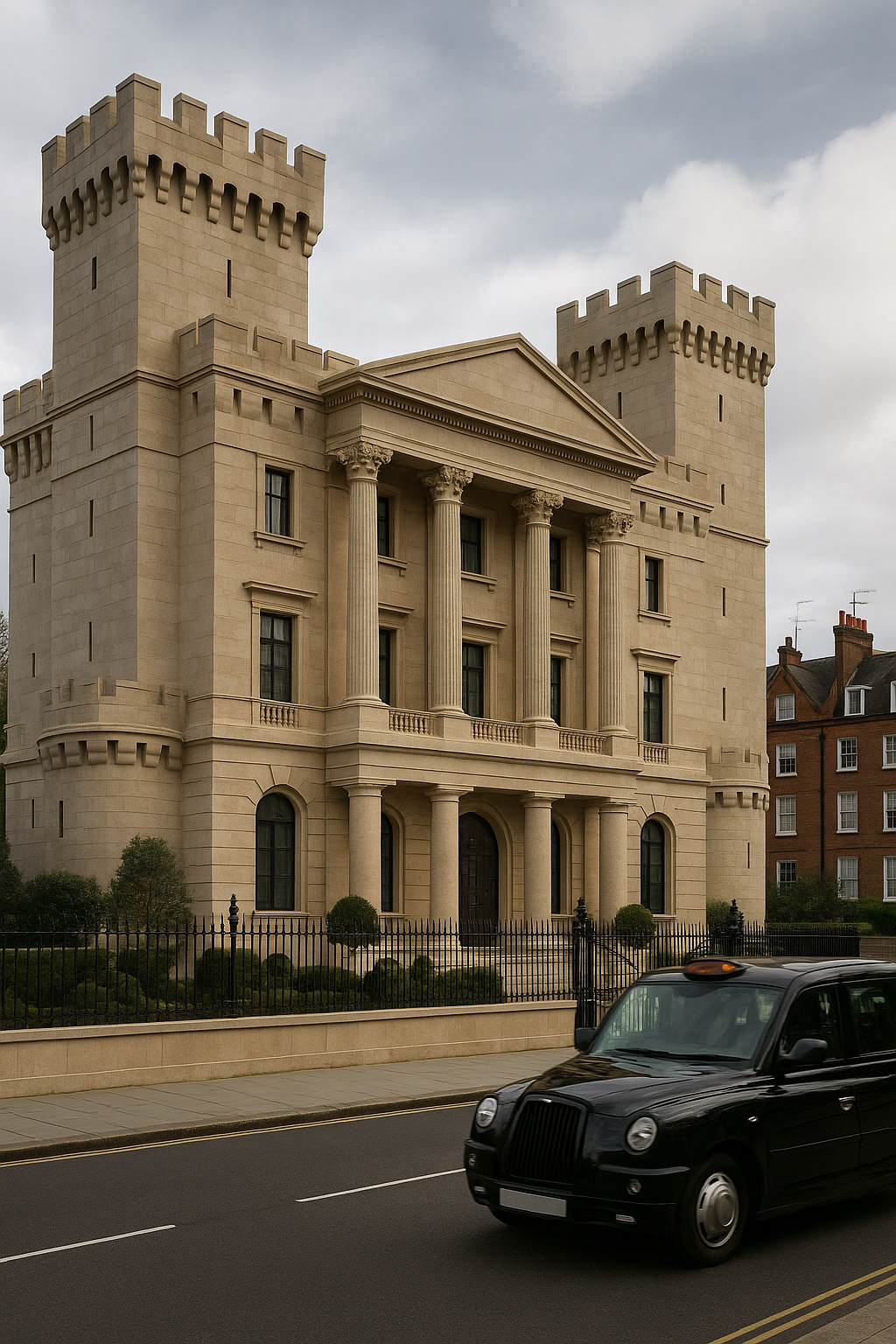In Chelsea, one of London’s most recognisable and exclusive neighbourhoods, a private residence has recently made headlines. Valued at an extraordinary £250 million, this property is now considered one of the most valuable homes in the country. But it is not just the price tag that has captured public attention. It is also the perspective of its owner, a billionaire oil shipping magnate, who recently remarked that Britain “has gone to hell.”
The comment has raised eyebrows. Not only because of who said it, but because of the contrast it presents. A property of such scale and investment placed in a city that the owner no longer feels aligned with highlights a growing conversation around national sentiment, wealth, and the evolving identity of Britain.
From a content and brand storytelling point of view, this home is more than just a piece of luxury real estate. It reflects broader shifts in how people see the country, and how international investors and residents perceive London’s long-term value. Despite the owner’s frustrations, the decision to acquire and maintain such a high-value property signals confidence in London’s ongoing relevance and appeal.
The comment may sound dramatic, but it echoes a feeling many people across different income levels have expressed in quieter tones. The desire for better infrastructure, more efficient systems, and stronger civic services is not limited to any one demographic. Whether you are an everyday commuter or a high-net-worth individual, people want to feel like they are part of a country that works.
Still, London remains a powerful brand in its own right. For centuries it has drawn global attention through its culture, history, fashion, and financial influence. Even now, with shifting politics and economic pressures, it continues to attract large-scale investments and high-profile residents. Properties like the Chelsea manor are proof of that.
What makes this particular home so interesting is not just its size or price. It is what it represents. Chelsea has always symbolised heritage, elegance, and understated wealth. Yet today, it is also part of a city that is constantly being redefined. There is a new layer of complexity that mixes nostalgia with ambition, and tradition with reinvention.
The owner’s comments may reflect a sense of personal disconnection, but they also open up space for dialogue. What does modern Britain mean today? How do people from different walks of life feel about where the country is heading? And where does London fit within that larger picture?
For content creators, marketers, and brands that focus on lifestyle, real estate, or culture, this is a moment worth paying attention to. Properties like this are not just physical spaces. They are symbols. They reveal how people want to live, what they value, and how they view the place they call home.
It is important to see beyond the headline. A £250 million estate in Chelsea is not just a show of wealth. It is a snapshot of a global city in transition. It reminds us that while personal opinions may shift, London continues to be a magnet for ambition, style, and global attention.
This story is not about criticism. It is about curiosity. It is about listening to how people experience a country, and what they hope to see change. The Chelsea manor will likely remain a point of interest for years to come. Not just because of its grandeur, but because of what it reveals about the relationship between people, place, and progress.






